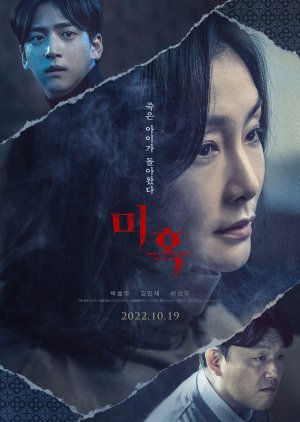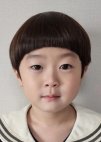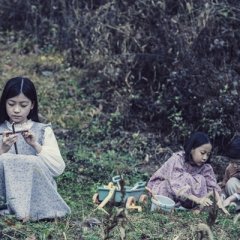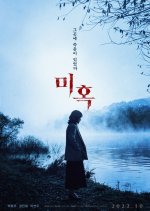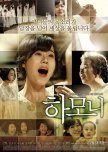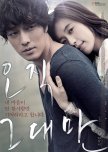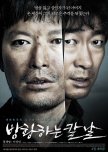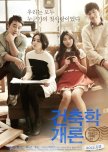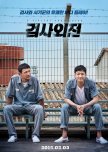 B1A4's Baro (Cha Sun Woo) and April's Lee Hyun Joo to Work Together in a New K-drama
B1A4's Baro (Cha Sun Woo) and April's Lee Hyun Joo to Work Together in a New K-drama - Português (Brasil)
- English
- magyar / magyar nyelv
- עברית / עִבְרִית
- Título original: 미혹
- Também conhecido como: Mihok
- Roteirista e Diretor: Kim Jin Young
- Gêneros: Mistério, Terror
Elenco e Créditos
- Park Hyo JooHyun WooPapel Principal
- Kim Min JaeSeok HoPapel Principal
- BaroYoung JunPapel Principal
- Kyung Da EunJoo EunPapel Principal
- Park Jae JoonI SakPapel Principal
- Kim Ra OnHa JunPapel Principal
Resenhas

Unfortunately, it was not up to expectations... boring
This South-Korean supernatural thriller is a surprising addition to the Tallinn Black Nights First Feature Competition. Directed by novelist and screenwriter Kim Jin-young as her feature debut, the film plays out like a formulaic thriller borrowing tropes from East Asian cinema as well as from Hollywood. Fast-paced to the point of being unable to deliver any character depth, it twists and turns with energy, but loses control under the weight of its own relentless movement. It presents us with the muddied narrative of a mother’s guilt over the loss of her paraplegic son, Han-byul. The father, a Reverend in an unspecified Christian church, blames the mother for having fallen asleep while her four children (including Han-byul) were playing near a lake after a picnic. When she awoke, Han-byul’s wheel-chair was empty and his body was floating in the water. Was she fully asleep? Could it be that she willfully turned a deaf ear to her own child’s cries before death? After the child is buried, the Reverend is convinced that the mother’s sins will be pardoned if they adopt an orphan, as a good deed to repent. They soon start taking the steps necessary to adopt the visually-impaired Isaac, but, once formalities are over, the young child finds it difficult to settle in the Reverend’s house, finding the behaviour of the three other children especially inauspicious.The Other Child plays with an intriguing array of themes – the Christian faith in South-Korea, the guilt-complex of a mother after the loss of a paraplegic son, the ways in which religious texts can be interpreted by indoctrinated children. But the narrative never takes the leap necessary to explore any of these themes to any satisfactory level. It briskly glides over the surface of its best ideas, resulting in a film only interested in existing as a pure exercise in terror. It is regrettable, then, that the film should also fail from a purely stylistic standpoint. Indeed, its technical qualities are extremely shaky: the cinematography is glossed over with a lush filter which exaggerates all colours, removing all actions from reality. The visual effects sporadically appearing in the horror sequences are also of very poor quality. The story-telling is convoluted and unfocused, with characters appearing out of the blue to reveal vital plot elements, while our protagonists act in ways that seem to defy all existing motivations. The viewer struggles to navigate a world where all that is set up in the beginning turns into something else entirely.
The director Kim Jin-young should be praised for her work with the young child actors who all deliver very accomplished performances, especially given the faults of the screenplay. While the cinematography suffers in general from looking too inauthentic, the scenes at the lake are especially well-photographed, giving the film its only memorable images. These scenes also present us with a gorgeous selection of costumes worn by the three children, who look particularly eerie when singing near the blue backdrop of the lake. These shots will stay firmly fixed onto the viewers’ retina. It is unfortunate that the quality shown during these scenes is not sustained throughout the rest of the film, for, overall, The Other Child is a very disappointing genre film, which brings together themes, characters and events that seem to constantly elude its grasp.
Esta resenha foi útil para você?
Recomendações
There have been no recommendations submitted. Be the first and add one.

